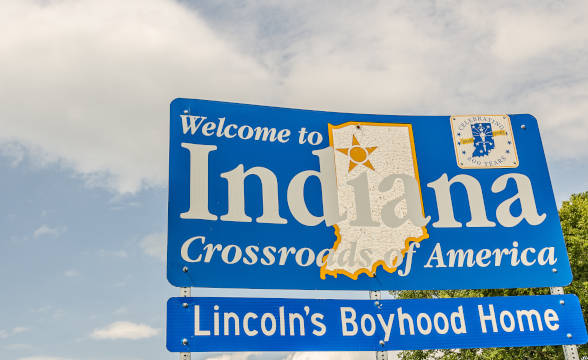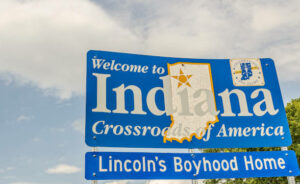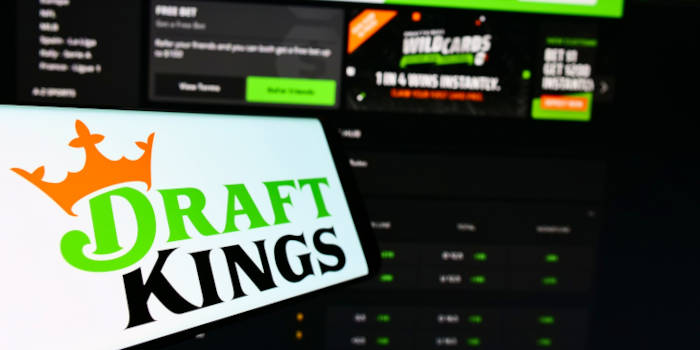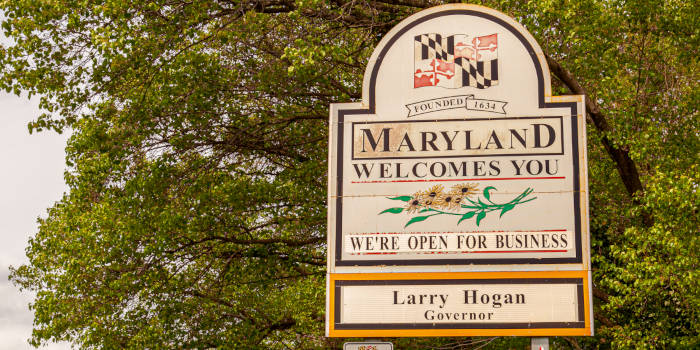Indiana, the Sixth State to Reach the $10B Benchmark Figure

According to the Indiana Gaming Commission, the Hoosier state has surpassed the $10 billion benchmark figure in all-time sports wagering handle with over $452.3 million in wagers accepted in November. This way, Indiana has joined the list of five other US states that went over the $10 billion mark after the Professional and Amateur Sports Protection Act (PASPA) fell on May 14, 2018, giving the green light to sports betting in the country. The list includes Illinois, New Jersey, New York, Pennsylvania, and Nevada after reaching the impressive milestone in the 39 months of legal sports betting after its launch in September 2019.
The Eighth US State to Clear $4 Billion Handle in 2022
Indiana was the eighth state to clear the $4 billion sports wagering handle in 2022. Licensed sports betting operators however narrowly missed a third consecutive month with revenue of $40 million when it fell $30,000 short in November. The month’s handle, however, was the sixth all-time highest handle in the history of the state, showing a 1.4% rise compared to October’s handle of $446.2 million. In September, the state’s sports betting handle reached $382.5.
Nonetheless, November’s sports wagering handle recorded a 2.5% decrease compared to the $463.7 million reported during the same month of 2021. Both November 2021 and November 2022 recorded sportsbooks’ win rates that went over 10%.
The state also received close to $3.8 million in tax receipts in November 2022, rounding the 2022 total to more than $32.7 million, which represented a $6.1 million increase compared to 2021. November revenue went up 22.9% when compared to the revenue recorded in November 2021.
Indiana Sports Betting Operators Pay a 9.5% Tax on Revenue
As previously mentioned, Indiana’s lawmakers officially legalized sports betting in May 2019 and launched the retail sports betting market a few months later in September. The following month of the same year, the state opened its online sports betting market. All state operators need to pay a 9.5% tax on sports betting revenue. Most of the money goes to the state’s general fund, while a share also reaches a series of problems dedicated to problem gambling.
At the end of September, the Indiana Gaming Commission released a positive iGaming report that compared a number of regulation and taxation rates and implementation models and assessed provides iGaming activities in other US states. The report suggested that the introduction of iGaming in the state should be done in a relatively straightforward manner.
After finishing her master's in publishing and writing, Melanie began her career as an online editor for a large gaming blog and has now transitioned over towards the iGaming industry. She helps to ensure that our news pieces are written to the highest standard possible under the guidance of senior management.















